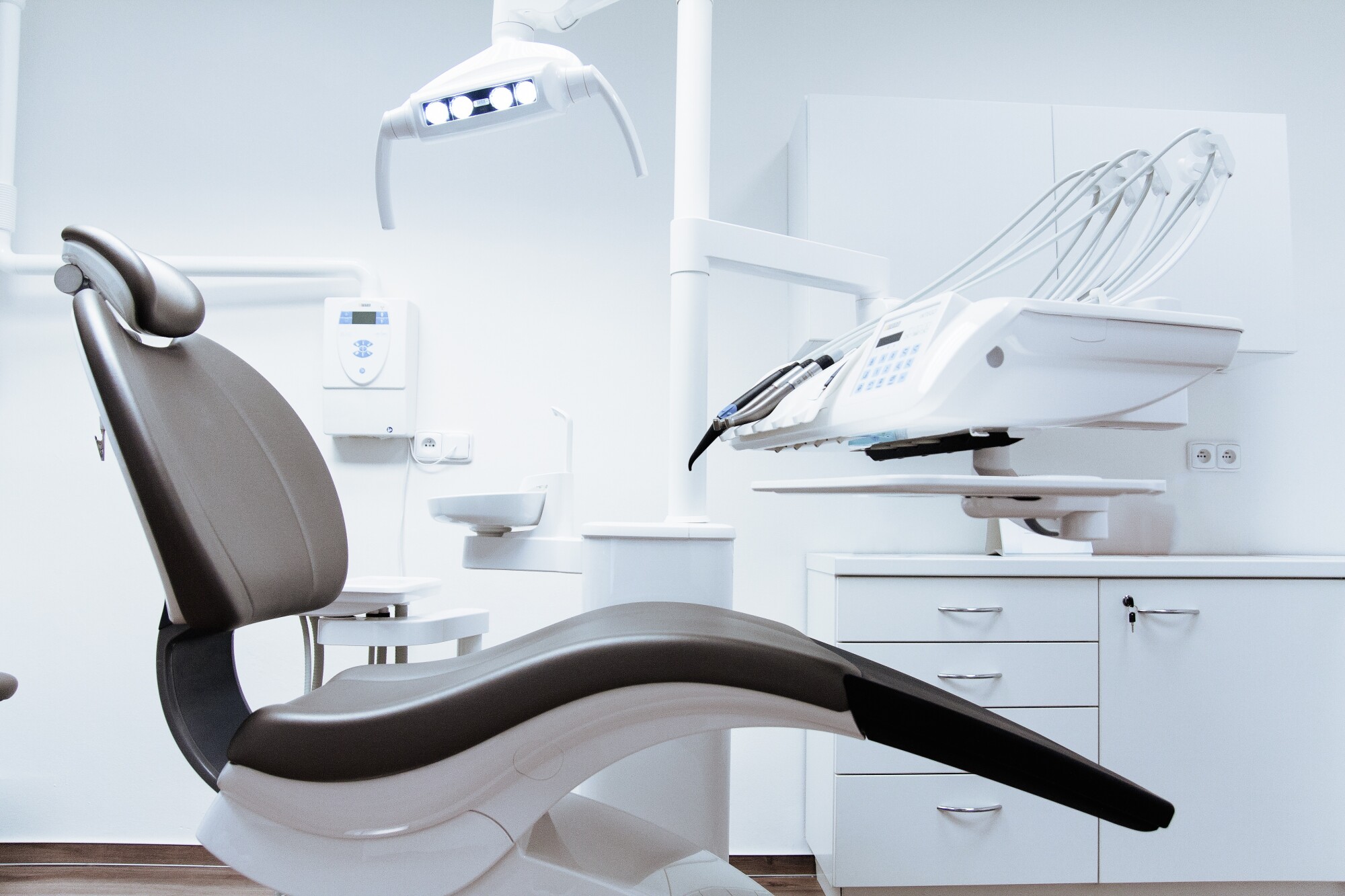Can Bad Gut Bacteria Really Affect Your Mental Health?

You have probably heard the phrases “thinking with your gut” or “gut instinct” before. But you probably never thought about those idioms in a literal sense.
There really is something of a second brain in your gut within the walls of the digestive tract. And it’s revolutionizing our understanding of the links between our digestion, health, mood, and the way that we think.
We are learning that our digestive health has far-reaching consequences throughout our body. As our gut health relies on the good bacteria that live within it, this has led researchers to reevaluate the effects that bad gut bacteria can have on our well-being. Including our mental health.
How Can Bad Gut Bacteria Affect Your Mental Health?
Thousands of different types of bacteria exist within the human gut. In a normal, healthy body, this biome exists in a balance that favors beneficial bacteria by a wide margin. When the malign bacteria become too populous, it can harm the whole body.
This effects of bad gut bacteria on our health have been well-documented for some time. But only recently have researchers established a link between our gut health and our mental health.
Our growing understanding of this link has led to us examining how bad bacteria can affect our mental states.
What Is the Connection Between Our Guts and Our Brains?
As mentioned, there is a so-called “second brain” in your gut. Scientists call this second brain the enteric nervous system (ENS).
The ENS is made up of more than 100 million nerve cells lining the entirety of your gastrointestinal tract. Its role is to control every aspect of the digestive process from beginning to end.
While this second brain of ours isn’t capable of thought, it does communicate with our primary brain and can have dramatic effects in doing so.
Researchers have long thought that things like constipation, diarrhea, abdominal pain, or bloating were side-effects of anxiety or depression. But it has become apparent that it is often the other way around.
Irritation or other issues with the gastrointestinal tract cause the ENS to send distress signals to the central nervous system. These signals can bring on shifts in mood. Researchers believe this explains the high incidences of anxiety in depression in people who suffer from irritable bowel syndrome or other chronic gastrointestinal problems.
What Can You Do?
Your gut is its own ecosystem, and like any other, it requires a delicate balance to remain healthy. Among the most common causes of irritation and other gut issues are an overgrowth of bad gut bacteria, a lack of diversity in good gut bacteria, or a combination of the two.
For this reason, one of the best things you can do to promote better gut health, and by extension, better mental health, is to encourage a healthy dominance of good bacteria over the bad.
Ways you can do this include:
Eating More Probiotic Foods
Something nearly anyone can do to improve their gut health is to add more probiotic foods to their diets.
Probiotics are foods that contain live, beneficial bacteria. Usually, these microorganisms are found in fermented foods, many of which may already be in your diet.
Yogurt, fresh sauerkraut and kimchi, cottage cheese, kefir, kombucha, and miso are all excellent probiotic foods.
Eating More Prebiotic Foods
In contrast to prebiotics, probiotic foods do not contain any living bacteria of their own.
What they do have are indigestible fibers which begin to ferment in the gut. Probiotic bacteria that are already present will feed on these fibers and convert them into other healthy substances, contributing to the overall health of the microbiome in your GI tract.
Good prebiotic foods include oats, onions, garlic, leeks, artichokes, cabbage, and asparagus.
Taking Probiotic Supplements
As awareness of the importance of gut health has increased, probiotic supplements have become popular.
There was already anecdotal evidence that probiotic supplements benefited people suffering from depression and anxiety. Now, we’re starting to understand why.
One important caveat: there are no formal guidelines about probiotic treatments for mental health. It is unknown if single strain or combination supplements are more effective. Nor is it always clear what interactions these supplements may have with any medications you may be taking.
Always consult your doctor or mental health professional before using a new supplement.
Trying a Fast-Mimicking Diet
Recently, researchers at USC have found evidence that low-calorie “fasting diets” may hold the potential to help repair the gut.
Their study looked at the effects of “fast-mimicking” diets as opposed to true fasting. Participants were given a calorie-restricted diet that would meet their basic nutritional needs. Researchers then observed the effects this program had on their gut health.
Their studies show a correlation between the diet program and reduced levels of digestive inflammation. Interestingly, water-only fasts didn’t have the same positive effects. This suggests that a low-calorie diet with a healthy balance of nutrients is optimal for triggering gut repair.
They believe this is because the necessary nutrients encourage the growth of beneficial gut bacteria. In turn, they maximize the benefits of fasting.
Fasts are difficult to stick to and can be dangerous over long periods. For this reason, the researchers were quick to emphasize a hasty return to a normal, healthy diet after a fast. But they believe that short cycles of fast-mimicking can be a good “once in a while” fix for people who suffer from digestive distress due to a poor diet.
Follow Your Gut
Conventional models of mental illnesses have focused on the head. Mental disorders were presumed to be the results of chemical imbalances or other irregularities in the brain.
It was a reasonable assumption to make. But that assumption caused researchers to neglect the potential benefits of a more holistic approach.
For that reason, research into the connection between gut health and mental health is still in its preliminary stages. But the future looks promising.
The deleterious effects that bad gut bacteria can have on the body are already well-documented. There is no reason to expect that the brain would be immune to them.
So while it is too early to promise that improving your gut health will improve your mental health, the evidence suggests that we “go with our gut”.



